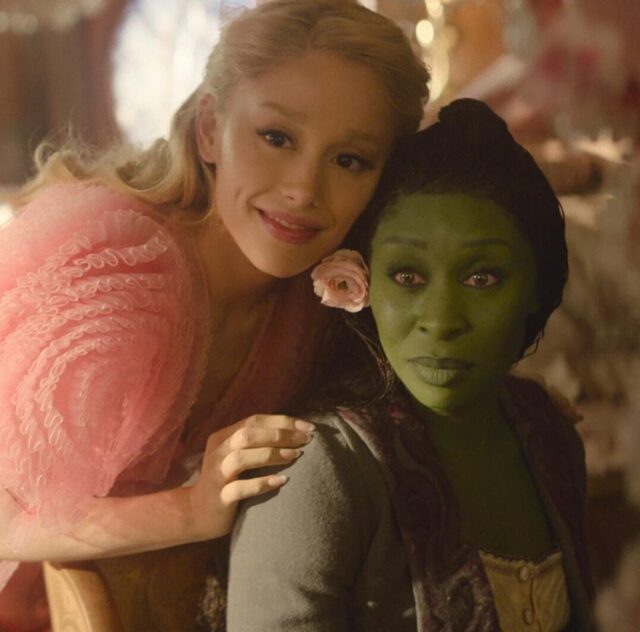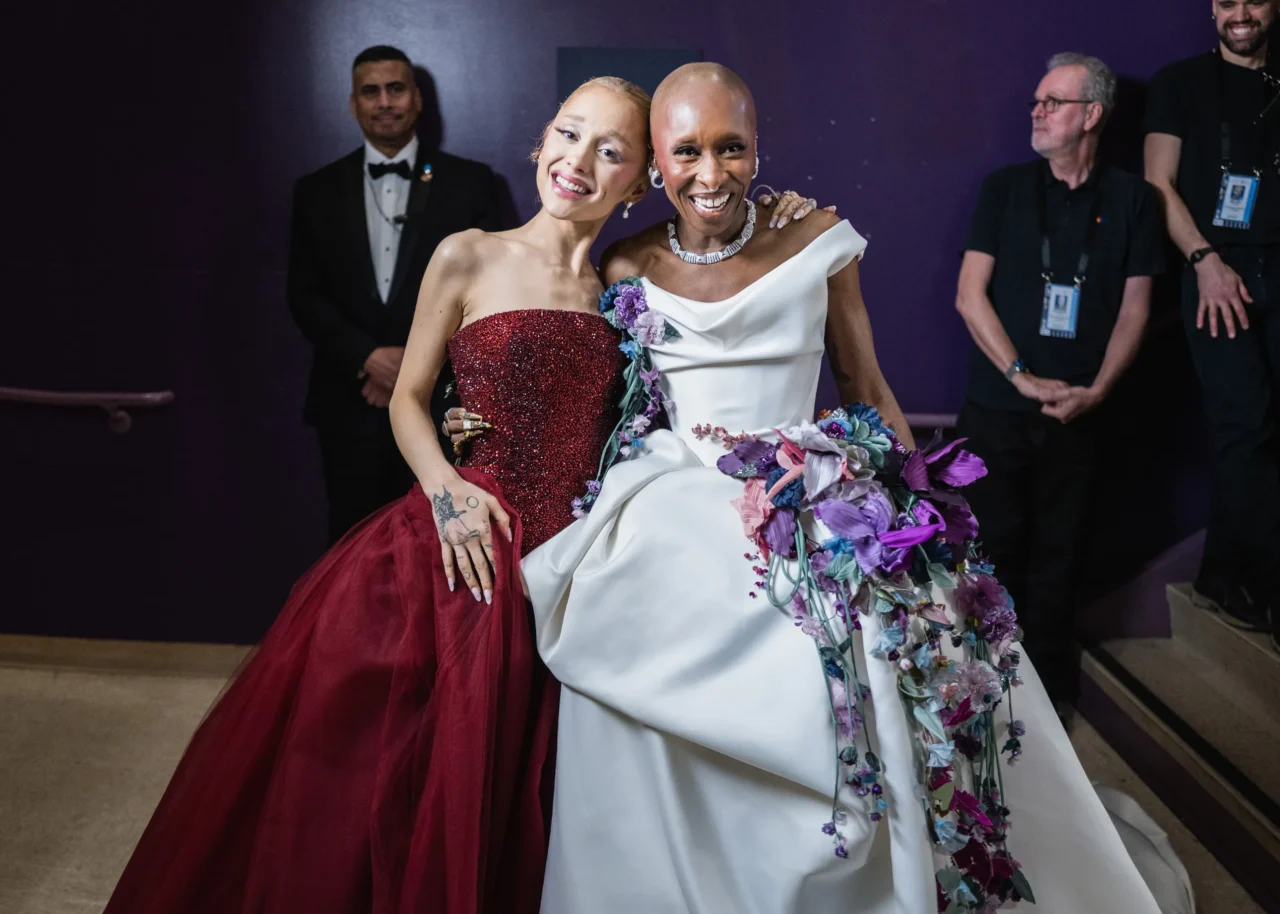When she accepted her Golden Globe for best actress for her fearless performance in The Substance earlier this year, Demi Moore, now 62, recalled how, some 30 years ago, a producer had shaken her confidence by labeling her “a popcorn actress,” someone who makes popular movies but is rarely on an awards show stage. It was a casually brutal dismissal of a highly impressive, now more-than-four-decade-long career—one that has taken the radiant movie star from fresh-faced Brat Packer to magnetic romantic lead to the highest-paid female actor in the world and, finally, an Oscar frontrunner.
Ahead of the Academy Awards ceremony on March 2, we take a look back at eight of Demi Moore’s most memorable performances to date.
St. Elmo’s Fire (1985)
Four years after making her screen debut at the age of 18, Moore’s big break came in the form of Joel Schumacher’s Brat Pack classic, alongside Rob Lowe, Emilio Estevez, Andrew McCarthy, Judd Nelson, Ally Sheedy, and Andie MacDowell. As the reckless, hard-partying banker in a gang of recent graduates grappling with the pressures of adulthood, she’s an electric presence from the get-go.
Ghost (1990)
You’ll remember Jerry Zucker’s supernatural romp for that pottery-making scene, a dreamy Patrick Swayze (as a ghost trying to protect his girlfriend from the man who murdered him), and Whoopi Goldberg as a zany psychic medium, a part that won her an Oscar—but don’t sleep on Moore, whose quiet and fully committed turn grounds this bonkers tale. (She also makes a choppy bowl cut look incredibly good.)
A Few Good Men (1992)
Opposite Tom Cruise and Jack Nicholson, Moore more than holds her own in Rob Reiner’s gripping courtroom drama, the account of two US marines charged with killing a colleague. As a uniformed lieutenant commander and lawyer trying to get to the bottom of the case, she got to showcase a steelier side of herself—and annihilated her competition.
Indecent Proposal (1993)
In Adrian Lyne’s controversial erotic thriller, Moore seems to glow with a kind of incandescent light as the object of attraction for two men: her financially troubled husband (Woody Harrelson) and the billionaire (Robert Redford) who offers them a hefty check for the pleasure of spending a single night with her. Watch it for her carefully calibrated turn and that killer Mugler dress.
Now and Then (1995)
Lesli Linka Glatter’s cult hit, a touching ode to the adventures of girlhood and the vital importance of female friendships, casts Moore, Rosie O’Donnell, Melanie Griffith, and Rita Wilson as the older iterations of four freewheeling teens (Gaby Hoffmann, Christina Ricci, Thora Birch, Ashleigh Aston Moore) who ran wild, played pranks, fell in love, and took on their bullies together in the sun-drenched summer of 1970. If you find yourself becoming misty-eyed and overcome with nostalgia on a rewatch, don’t miss this ensemble’s recent heartwarming reunion in Moore’s honor, some 30 years on.
Margin Call (2011)
This nerve-jangler from J. C. Chandor, set at a Wall Street investment bank at the onset of the 2008 financial crisis, features Moore as an icy senior executive and force to be reckoned with in a boardroom bursting with testosterone (Jeremy Irons, Zachary Quinto, Stanley Tucci, Paul Bettany, Simon Baker, Penn Badgley). Her piercing gaze and clenched jaw say more than she’d ever be allowed to.
Feud: Capote vs. the Swans (2024)
In Ryan Murphy’s murderers’ row of acting legends—Naomi Watts, Diane Lane, Chloë Sevigny, Calista Flockhart, Molly Ringwald, Jessica Lange, Tom Hollander, Russell Tovey—assembled for this glossy series about the long-running war between Truman Capote and his betrayed former friends, who else but Moore could play the infamous disgraced socialite Ann Woodward, the showgirl who shot her husband after he asked for a divorce? With a giant bouffant, sumptuously ’70s wardrobe, and a penchant for tossing drinks in the faces of her enemies, she’s gloriously unhinged.
The Substance (2024)
Coralie Fargeat’s razor-sharp satire asks everything of Moore, who takes the part of Elisabeth Sparkle, a movie star-turned-fitness show presenter who is tossed aside by her cruel boss (Dennis Quaid) and begins injecting herself with a mysterious substance that promises to release a more beautiful version of her (Margaret Qualley). The actor bares her body, lays open her vulnerability (that sequence in which she scrubs off all her make-up still makes me hold my breath), and, in the film’s final third, dons a bucketload of prosthetics to transform into a hunched nonagenarian, complete with giant sunglasses and a silk scarf wrapped around her head (that moment when she barks, “Fuck off!” at her smarmy neighbor? Outstanding). It’s a part that has changed Moore’s life dramatically, returning her to the limelight in a major way for the first time in decades and so far earning her a Golden Globe and Critics’ Choice Award, not to mention the industry’s enduring respect for her entire oeuvre. Just give her the Oscar already.
Editor
Kaitlyn Lai





